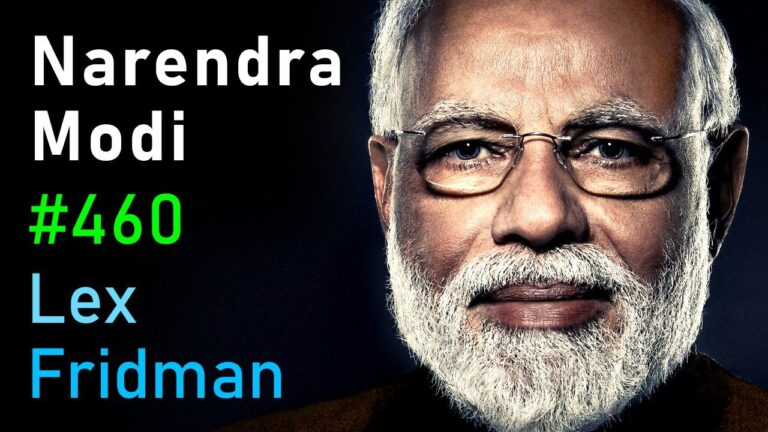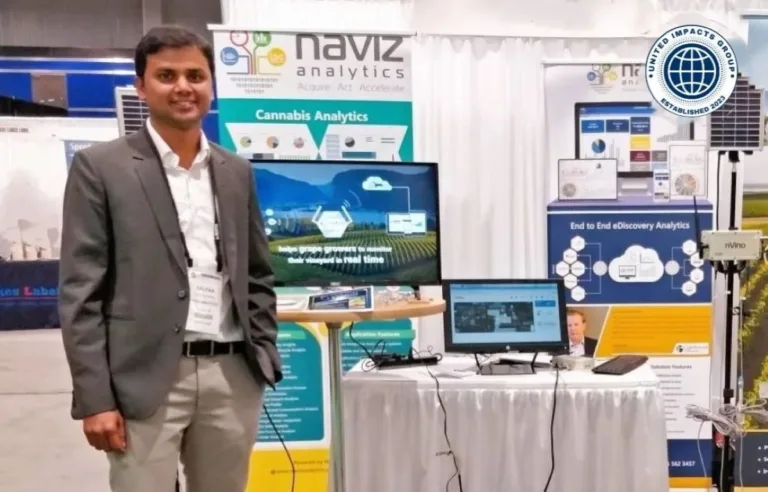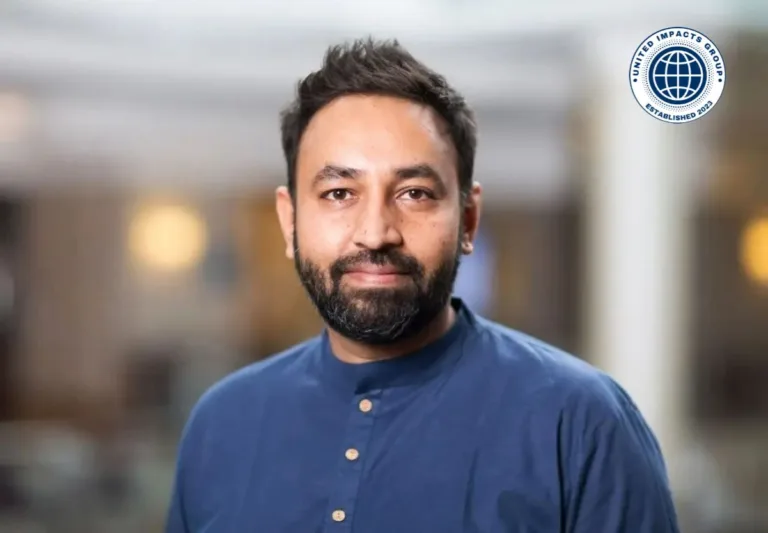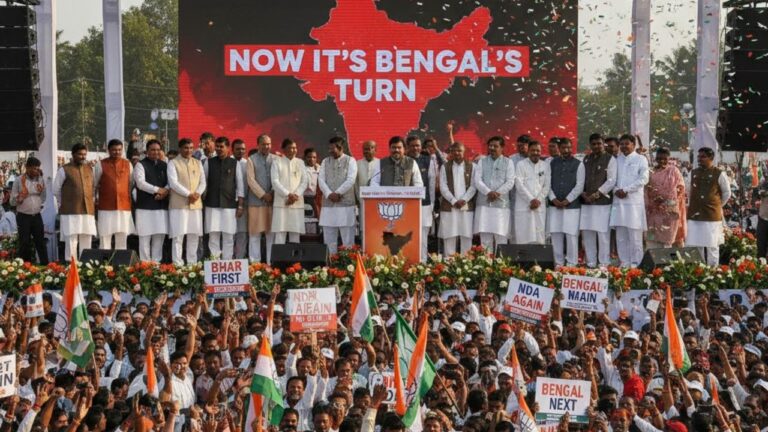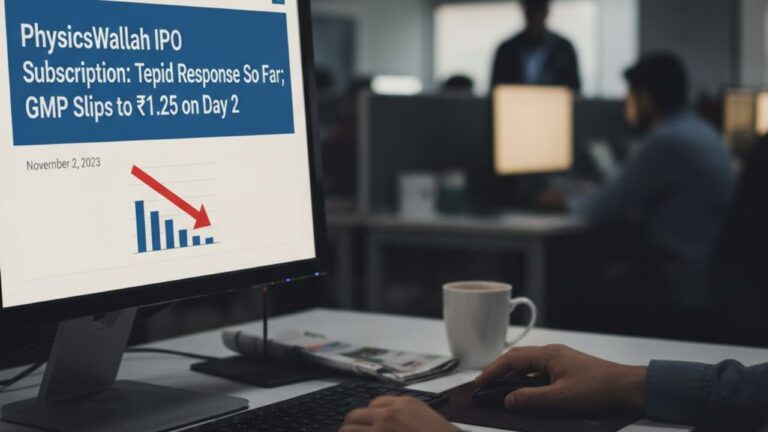
Thoughts of Sandeep Chachra, Executive Director, ActionAid Association on International Day for Disaster Risk Reduction
“On this International Day for Disaster Risk Reduction, we should recognise how resilience building is the more forward-thinking and proactive strategy. Enhancing resilience focuses on creating more robust, more adaptable communities and systems, ultimately reducing the impact of disasters and promoting sustainable development.
The greater vulnerability of marginalised populations to disasters has been a long-standing issue, but today, several factors exacerbate the risk they face. Poverty and economic inequality remain pervasive, and the poor often lack the resources necessary to prepare for or recover from disasters.
The habitat of poor communities is mainly in areas with inadequate infrastructure, such as poorly constructed buildings, unreliable utilities, and substandard transportation. When disasters strike, these deficiencies magnify the impact and increase the likelihood of injury or death.
They stay in environmentally vulnerable areas, such as floodplains or areas prone to drought, which makes them more susceptible to climate-related disasters. Deforestation, urbanisation, and unsustainable land use practices further exacerbate these vulnerabilities. Discrimination, social exclusion, and lack of access to education can further marginalise poor communities, making it difficult for them to advocate for their needs and rights in disaster response and recovery efforts.
The increasing frequency and intensity of climate-related disasters, driven by climate change, have a disproportionate impact on the vast majorities who are least responsible for the emission of greenhouse gases and destruction of ecological resources.
The resilience-building approach seeks to address these vulnerabilities. Efforts involve poverty reduction, enhancement of sustainable livelihood and income-generating activities, and a comprehensive disaster preparedness and response strategy, which includes a comprehensive framework to compensate for loss and damages caused by climate change and slow and rapid onset disasters. By building resilience, we will be better equipped to face an increasingly complex and uncertain future.”
Sandeep Chachra, Executive Director, ActionAid Association
